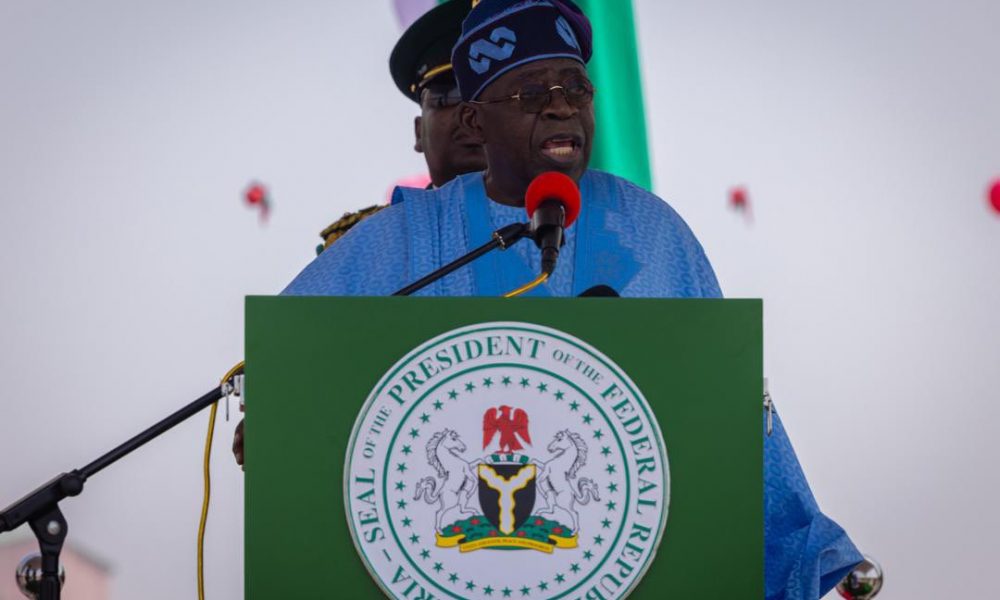
He highlgihted accordingly,
Background:
Nigeria needs $35 billion yearly, up till 2040, to cover its infrastructure expenditure. President Muhammadu Buhari, realising that the government could not meet this huge cost, established the Presidential Infrastructure Development Fund (PIDF), with National Sovereign Wealth Authority, playing a vital role. The PIDF helped in the realisation of critical projects, such as the Second Niger Bridge and the Lagos–Ibadan Expressway. But the PIDF faced funding constraints, delays in project execution, leading to rising costs of materials, bureaucratic and institutional challenges.
Enter the RHIDF
These challenges are what President Bola Ahmed Tinubu’s Renewed Hope Infrastructure Development Fund (RHIDF) seeks to overcome.
It was unanimously approved on Monday 25 March by the Federal Executive Council. As conceived, it is a game-changing, innovative and transformative Fund that will drive economic growth in road, rail construction, agriculture, aviation, education, health, energy and technology. It will provide the elixir for critical national projects that will accelerate infrastructure and economic development in all parts of the country.
With eyes on raising N20 Trillion, about $14 billion take-off capital, the Fund will support projects that will promote growth, “enhance local value-addition through backward, forward and parallel linkages.” Employment opportunities also will be created and exports promoted.
For instance, a core focus of the Fund will be to enhance agricultural value chain to boost food security. By fortifying agricultural infrastructure, the Fund will ensure that post-harvest losses are reduced and food supply chains strengthened. Among the projects being targeted are major road networks, such as the Lagos-Calabar Coastal highway, Sokoto-Badagry Expressway, Lagos-Kano and Eastern Rail Lines.
Ports and aviation facilities will be modernised .
The Fund will cast its net for investment capital wider than the PIDF.
It targets Pension Funds, Concessionary Loans, Insurance companies, sovereign wealth funds, private sector arms of multilateral development institutions, bilateral private sector investors.
Other financing sources are individual investors, including the Diaspora Nigerians, endowments and equity funds. At the Federal Executive Council meeting on Monday, where the Fund was first tabled before members prior to its approval, President Bola Tinubu explained the rationale for its conception.
He said the Fund, which will be managed by a Director-General, will be domiciled in the Presidency. It will cut through bureaucratic bottlenecks that usually delay implementation of good projects. President Tinubu cited the Lagos Metropolitan Area Transport Authority (LAMATA), which he conceived during his tenure as Lagos governor in 2004, and how the agency midwifed two rail lines and executed some of the important road networks in the metropolis. Many members of the Council applauded the initiative after it was presented by the Chairman of the Federal Inland Revenue Service (FIRS), Zacch Adedeji.
President Tinubu is desirous of bequeathing a legacy of socially and economically impactful policies, such as student loans, social security for the unemployed and consumer credit.
You may be interested

Fernandes Sent Off As Wolves End Man United Dominance
Webby - December 26, 2024Manchester United suffered a 2-0 defeat at Wolves in the Premier League Boxing Day fixture on Thursday.It was United’s third…
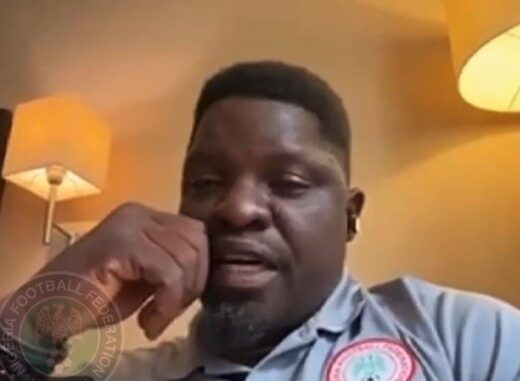
2024 CHANQ: History Not Kind To Us Against Ghana –Ogunmodede
Webby - December 24, 2024Home-based Super Eagles coach Daniel Ogunmodede says history has not been good to Nigeria when they face rivals Ghana.The home-based…

Ex-Chelsea Star Oscar Returns To Boyhood Club Sao Paulo
Webby - December 24, 2024Former Chelsea midfielder Oscar is returning to his Brazilian boyhood club Sao Paulo after 14 years, which included a long…



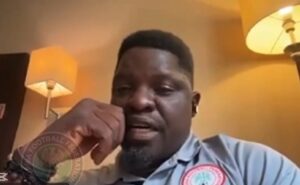




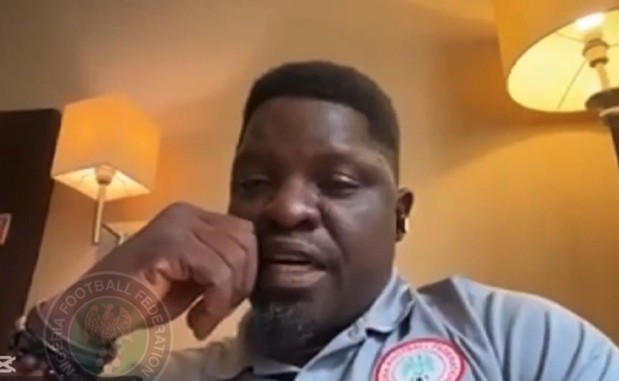

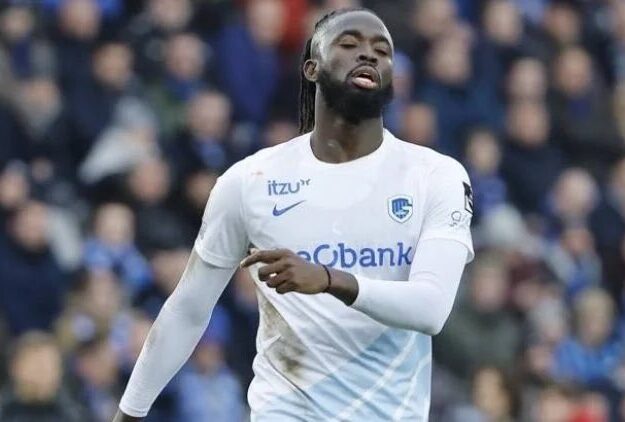







![American Pastor, David Wilson Seen Eating The Box Of Woman Who Isn’t His Wife [Video]](https://onlinenigeria.com/wp-content/uploads/2019/10/american-pastor-david-wilson-seen-eating-the-box-of-woman-who-isnt-his-wife-video-150x150.jpg)









